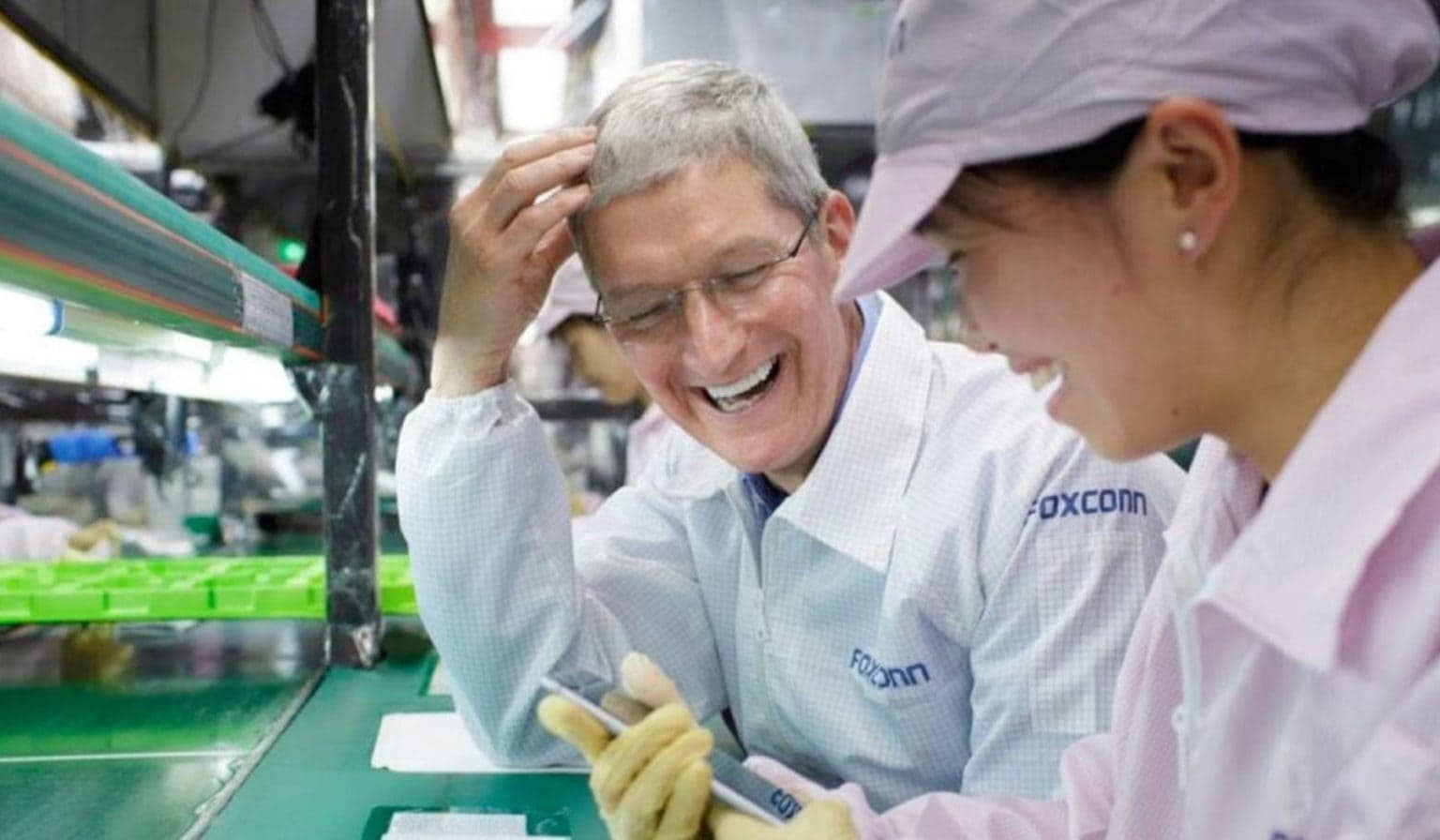Foxconn, Apple’s primary assembly partner for iPhones, has resumed production in its assembly plant in Shenzhen, China, as the city’s COVID-19 lockdown has partially lifted.
iPhone-assembler Foxconn partially resumes production in Shenzhen
Reuters reported that Foxconn’s two campuses in Shenzhen can partly resume operations following approval from local authorities.
Reportedly, Foxconn is implementing what it calls a “closed loop” management process, which isolates employees from risk of infection. Much the same was done for workers at the recent Winter Olympics in Beijing and surrounding areas.
“[This system] which can only be done on campuses that include both employee housing and production facilities, adheres to strict industry guidelines and close-loop management policies issued by the Shenzhen government,” said Foxconn in a statement Reuters obtained. “The company is also closely following and applying the government’s pandemic prevention measures.”
Previously, Foxconn said it planned to implement factory bubbles, wherein workers travel only from company housing to the production plants. And they undergo regular testing for COVID-19.
Foxconn’s Shenzhen plants are best known for assembling Apple’s iPhones, but the lockdown may also affect deliveries of the Mac Studio, sources said.
The squeeze has been felt
Manufacturers in Guangdong province, where Shenzhen is located, said factory shutdowns have caused lags in deliveries. In addition, logistical difficulties have made it harder to ship goods to overseas customers.
Foxconn conceded Wednesday that 2022 would be “challenging” for the supply chain. It forecast an up-to 3% fall in revenue for the year, its first annual sales decline in six years. That comes as a shortage of chips squeezes smartphone production and the pandemic continues in China.
For its part, Apple said the chip shortage cost it $6 billion in the last quarter of 2021, but predictions remained bullish in 2022 despite supply-chain strains and Foxconn’s warnings about the chip shortage running into the second half of 2022.



